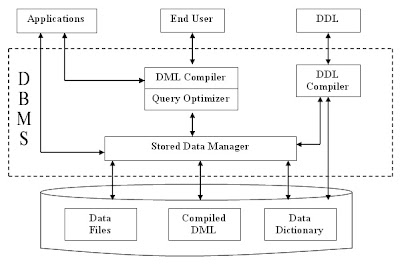ERP Systems are important to your company because they allow you to streamline your workflow and address a number of pain points in day-to-day operations. With these software solutions at your disposal, you can speed up customer accommodation, eliminate repetitive back-office processes, consolidate data more efficiently, and improve team communication.
Industries That Benefit Most From an ERP System
ERP systems have practical uses for different kinds of businesses because of the many tools they have to offer. However, not all companies require all the features of an ERP suite. So, these platforms may be more beneficial to some industries than others. More often than not, those who can maximize these tools are businesses that tackle multiple tasks every day using different software solutions. Some examples are:
- Manufacturing. The production of goods for other businesses involves a lot of processes. With an ERP system, you get a better visibility of business transactions and progress of operations. This is because these platforms can consolidate the information from different aspects of your business. This way, you are always in the loop about what’s going on in your manufacturing plant without requiring in-depth reports from your staff on a daily basis.
- Construction. Other than the actual act of building structures, construction companies also have a number of back-office responsibilities to take care of. This is why they require multi-functional applications like ERP systems. These can help them with project management and inventory tracking as well as accounting and service management. Having such a tool as part of their arsenal of business software can reduce their clerical tasks so they can allot more time for their projects.
- Logistics. Transporting cargo in a safe and timely manner is a difficult task as it is. It becomes even more challenging when you have to consider the details of each freight you have to handle while gauging the schedule of your drivers and measuring the capacity of your delivery vehicles. ERP systems that are created specifically for logistics often integrate delivery planning and management tools, communication features, and order processing options into one platform for you. It even lets you maintain a customer database so it’s easier to look up finished and ongoing deliveries.
- Healthcare. Clinics, hospitals, and other medical facilities can get busy, making it difficult for staff members to maintain quality patient care while keeping track of back-office responsibilities. With the implementation of the right ERP software, compiling and organizing data as well as other necessary clerical work won’t take too much time or effort, and the staff can focus on monitoring and treating patients.
- Retail. When it comes to the distribution and sale of goods to the public, it only takes a simple mistake to ruin the flow of your operations. Countless things require your undivided attention, but there’s only so much you and your employees can do simultaneously. This is where ERP systems come in handy. From coordinating with manufacturers and distributors to tracking shipments and managing inventory, these tools help you make sure that you, your customers, and your business partners are happy.



4 comments:
You have written Informative Post..........Shadani India Private Limited
ERP system is indeed a system that every business need.
Pressure Wash CO is a Professional Pressure Washing Company based on Gold Coast and its suburbs. We provide different types of services based on Commercial and Residential Services. We do High Pressure Cleaning Gold Coast.
Very informative article, thanks sharing this content. Best customized crm software for any industries.
Post a Comment